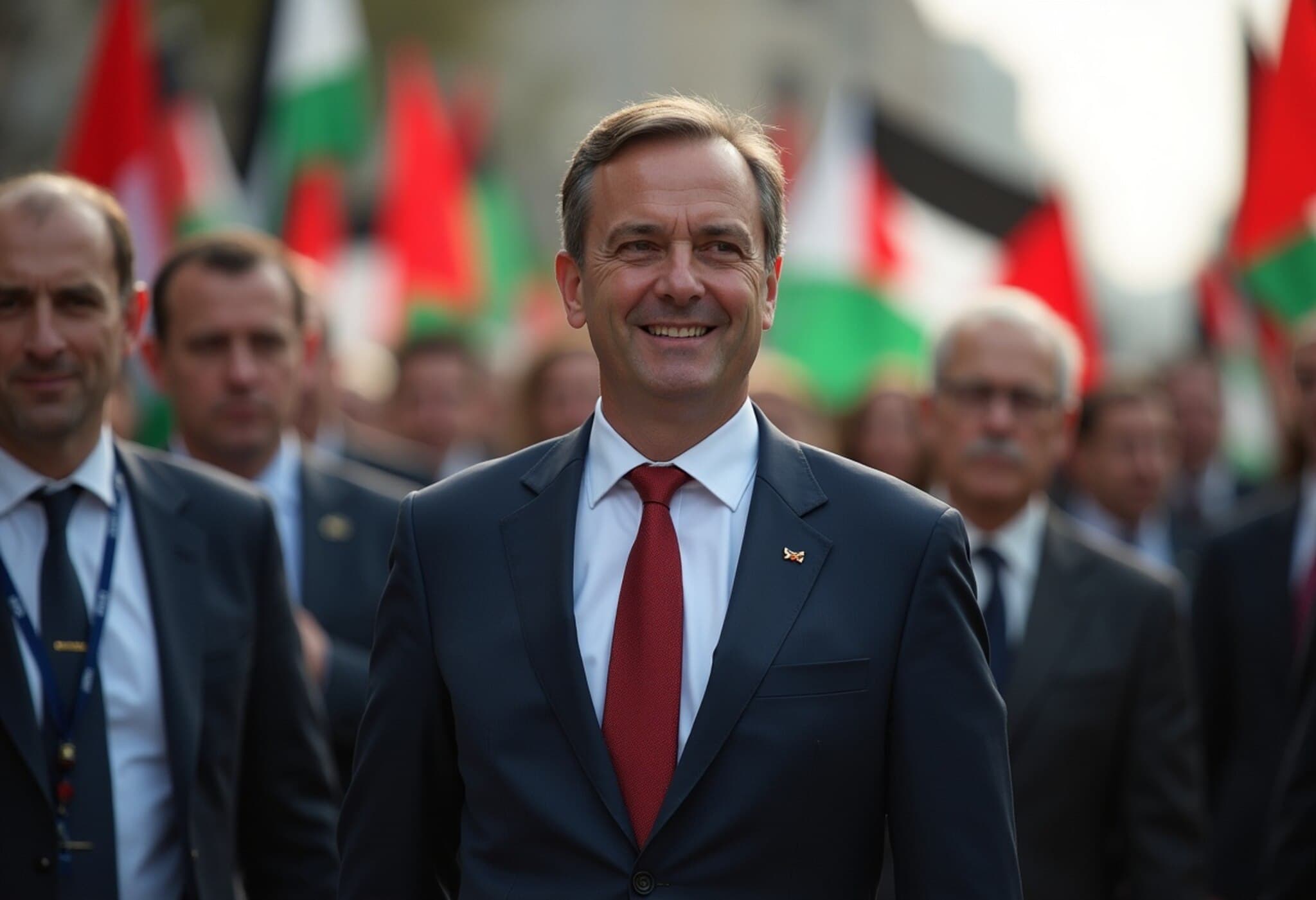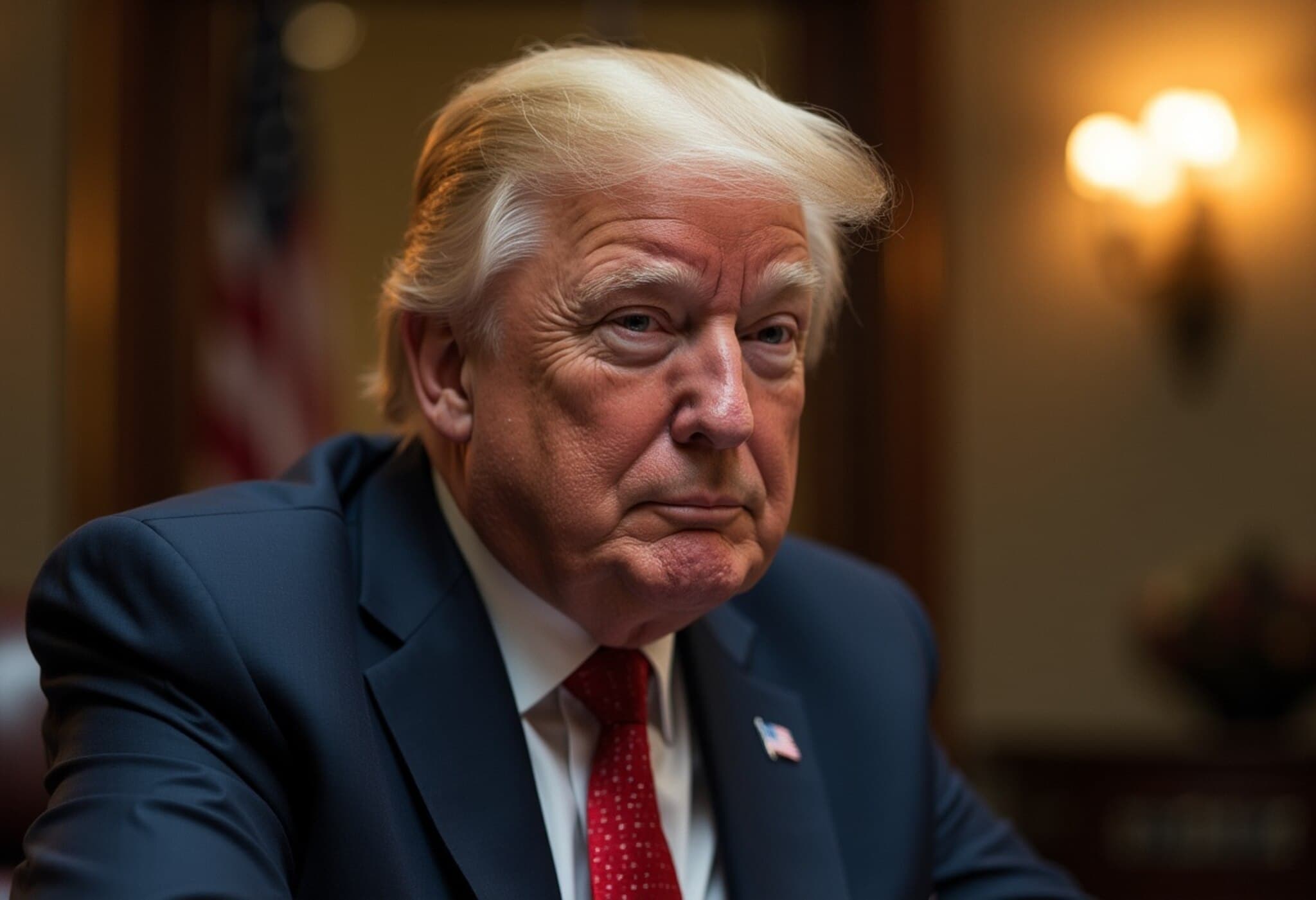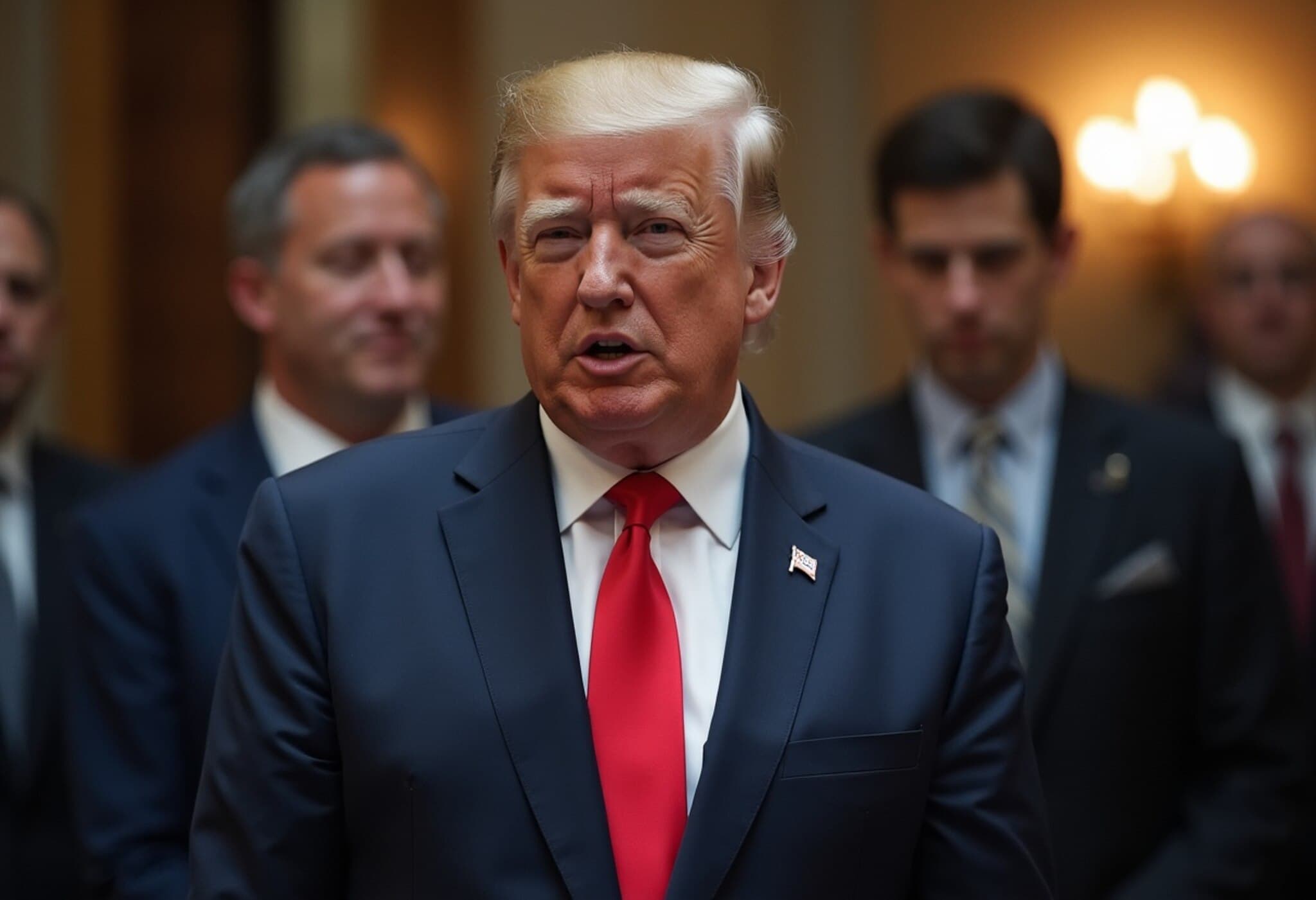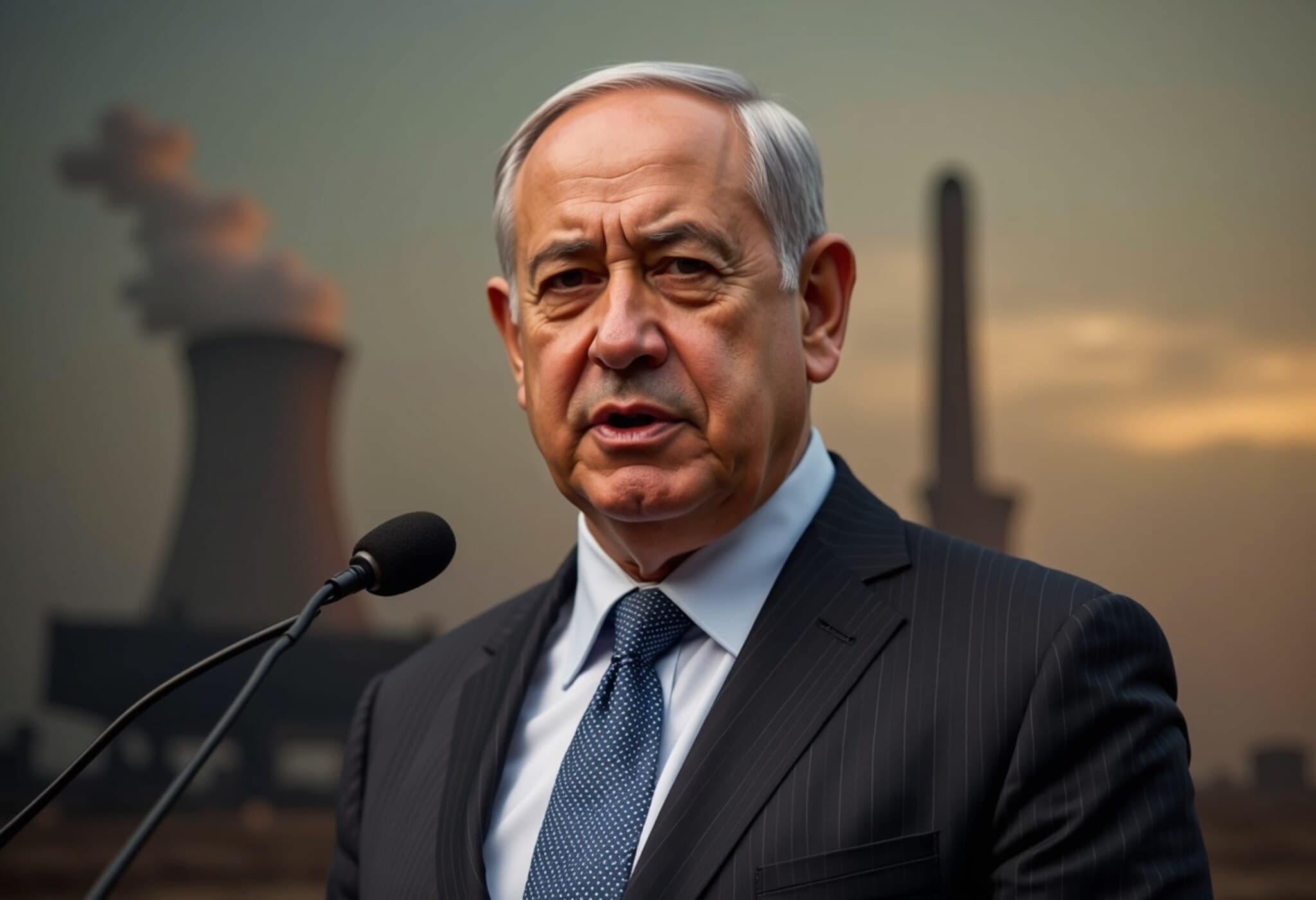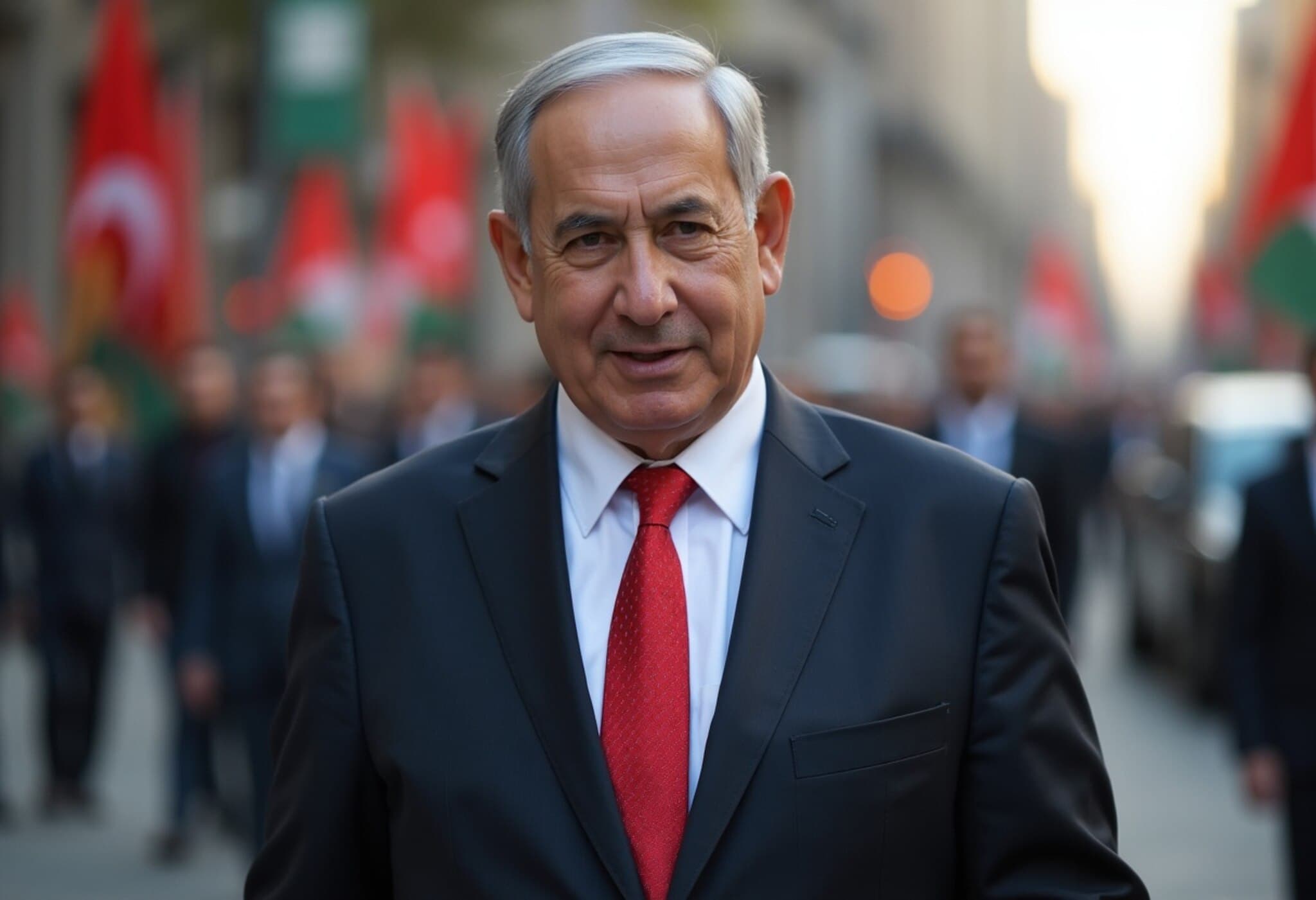France Joins Global Effort to Recognize Palestinian State
In a significant diplomatic move, French President Emmanuel Macron announced on July 24, 2025, that France will officially recognize the State of Palestine. This decision marks France as the most influential European nation, and the first among the G7's major democracies, to extend formal recognition to Palestinian statehood.
This development brings the total number of countries acknowledging or intending to acknowledge Palestinian statehood to at least 142 nations, according to the latest tally from Agence France-Presse (AFP). The announcement represents a clear challenge to longstanding opposition from Israel and the United States, highlighting the ongoing international divisions over Middle East peace and sovereignty.
Varied Global Reactions Highlight Deep Divisions
United States Expresses Strong Opposition
The United States reacted swiftly and sternly to France's move. Secretary of State Marco Rubio termed the recognition a "reckless decision" in a pointed message on social media, accusing it of fueling Hamas propaganda and undermining peace efforts.
"This reckless decision only serves Hamas propaganda and sets back peace. It is a slap in the face to the victims of October 7th," Rubio wrote, referencing the 2023 Hamas-led attack on Israel that ignited a prolonged conflict in Gaza.
Israel Condemns Recognition as Security Threat
Israel's Prime Minister Benjamin Netanyahu condemned France's decision, warning it risks empowering terrorist groups. He argued that recognizing a Palestinian state under current conditions could turn it into "a launch pad to annihilate Israel, not to live in peace alongside it." Netanyahu further suggested the move could give rise to another Iranian proxy entity, mirroring the situation in Gaza.
Support from Spain and Middle Eastern Allies
Spanish Prime Minister Pedro Sanchez applauded France’s decision, reaffirming Spain’s existing recognition of Palestinian sovereignty. Sanchez emphasized that the two-state solution remains the only viable path to lasting peace in the region.
Saudi Arabia’s Foreign Ministry also welcomed the announcement as a "historic decision," urging other nations yet to recognize Palestine to follow suit. The Kingdom reiterated its commitment to supporting peace and the "legitimate rights of the Palestinian people." Jordan similarly praised the move as progress towards ending occupation and achieving a two-state solution.
Palestinian Leadership and Groups Respond
Within Palestinian circles, reactions were warmly affirmative. Senior Palestinian Authority official Hussein al-Sheikh described France’s stance as a demonstration of commitment to international law and Palestinian self-determination.
Meanwhile, Hamas welcomed the recognition as a positive step that advances justice for Palestinians. The group urged other countries, especially those in Europe, to follow France's lead in recognizing Palestine as a state.
Contextualizing the Move: Implications and Challenges Ahead
France's recognition of Palestine at this juncture reverberates beyond symbolic diplomacy. It revives critical questions about the feasibility of a negotiated two-state solution amid ongoing violence and geopolitical tensions.
From a U.S. policy perspective, this shift poses a challenge to Washington’s traditional stance of non-recognition until direct peace negotiations yield progress. American opposition underscores concern over empowering factions like Hamas and the potential derailment of diplomatic efforts.
European leaders’ engagement signals growing impatience with stalled peace talks and frustration over the humanitarian crises in Gaza and the West Bank. France’s decision might embolden other nations disillusioned by the status quo to reconsider their policies.
Experts caution, however, that recognition alone cannot resolve the deep structural issues fueling the conflict, including Israeli occupation, settlements, security concerns, and Palestinian political divisions. Without simultaneous efforts on the ground and constructive dialogue, the political symbolism could risk entrenching divisions further.
Why This Matters in 2025
- Shifting International Norms: France’s recognition may catalyze broader acceptance of Palestinian statehood within international organizations and forums, altering diplomatic dynamics.
- Legal and Economic Implications: Formal recognition could impact bilateral agreements, international aid, and the legal status of Palestinian institutions under international law.
- Regional Stability: Neighboring states’ reactions, especially from Middle Eastern powers, signal evolving regional alliances and priorities concerning the Israeli-Palestinian conflict.
- U.S.-Europe Relations: The discord between the U.S. and key European allies like France over Palestine could influence broader transatlantic cooperation on Middle East policy.
Editor’s Note
France's landmark recognition of the State of Palestine marks a pivotal moment in a decades-long conflict that continues to capture global attention. While the move sends a powerful signal of support for Palestinian self-determination, it also exposes the fragile fault lines in international diplomacy surrounding the Israeli-Palestinian issue.
Readers should consider the complex interplay between symbolic state recognition and on-the-ground realities — from political violence to humanitarian needs and peace negotiations. As countries take divergent stances, the challenge remains: how to translate international diplomacy into durable peace without alienating key stakeholders or exacerbating tensions. This development invites renewed scrutiny into the effectiveness and consequences of such unilateral recognitions in advancing or hindering peace efforts globally.

